

That laptop beach lifestyle, exotic locations, work from anywhere in the world and have more autonomy and freedom in your life. That’s the lifestyle that’s painted amd depicted, if you run your own lifestyle business, are a freelancer or a remote worker. Whilst this image can be true, it is only a tiny tiny snapshot in time and the reality is not as pretty as Instagram makes it out to be.
The reality
A lot the times you are just in your pjs working behind your desk, eating toast as crumbs fall off your plate and onto your keyboard - as you scream “fuck!” with toast in your mouth so more crumbs fall out as you watch YouTube. All the while you wonder whether or not you should wear proper pants for the day. And you decide ‘yes’ you should wear proper pants for the day. And finally you fight procrastination to get real work done.
It’s 11:37am on the clock, crap times slipping by. Maybe just 1 more youtube video….That’s probably a more accurate depiction.
Jokes aside, I’m not saying that working remotely and travelling to different countries isn’t possible. Or Tim Ferris 4 Hour work week is a lie. It is actually isn’t. I’m testament that these things are possible and this lifestyle IS fucking pretty badass. But it’s not all Pina Coladas, there’s a lot of work to be done. So if you are lazy it’s going to be hard to compete. You have to be self motivated and to be happy you have to enjoy the process.
The world is definitely changing remote work and the size of the gig and freelancer economy is growing. In design and in tech - freelancing is not a short term thing, there are freelancers who have been successful and have been at it for years. And have turned it into a career.
The devastating global pandemic that has shook the world, in effect changed the landscape of work for many. It has sped up the adoption of remote work and freelance opportunities. With companies like Facebook (now Meta), Apple and many traditional corporations offering remote work options for employees. It has exploded growth for the digital freelance economy and remote work.
Back then it was only companies like Basecamp and Invision that were fully remote teams. Now there seems to be a hybrid with many more companies going fully remote.
“Freelancers aren't being forced into it. Most freelancers are doing independent work by choice. 61% said they fell into this category, up from 53% in 2014. Fundamentally, people are realizing they have a choice, and this is a better choice" says Kasriel.
And they don't want to turn back, in the majority of cases. In one reflection of freelancers’ satisfaction, 51% said no amount of money would lure them to a traditional job.” From Forbers article Freelance Economy Continues to Roar.
My journey so far
I’ve been an independent designer for close to 5 years. 2 of those years was doing predominantly client freelance work. The latter 3 was creating my design courses, running this blog/newsletter and doing design consulting and design work.
5 years on - I love what I do. It’s a pretty sweet gig for my personality. I’d say there’s a ton more highs than lows.
Remote work and the gig economy is growing and is a real opportunity for many to find a happier work environment and career. I have buddies that are successfully freelancing ranging from working in house sometimes to working purely remotely. Others couldn’t get enough work so decided to go back to full time.
The purpose of this post is to share with you the possibilities. If you are considering going freelance fulltime, joining a great remote company or live a similar lifestyle to mine. I’ve summed up the 5 pros and cons below.
I started off my soon to be 5 year independent designer / self employed / I can do whatever the fuck I want / oh god this is hard why did I quit? / Maybe I should get a job again / Wow this Creative Director role is paying $200k / Oh I can never work in an office again this freedom is amazing!!! / Oh shit got to do my taxes/ Wow I just worked on this cool project that helped so many people / Wow that’s a lot of money / job.
What are the Pros?
1. Autonomy
With remote work you are free to set your schedule however you like. Want to start work later? Go for it. If you work for an organisation it’s all about creating results. How you get there is up to you.
This autonomy is priceless as you can be most productive in a manner that is best suited to you - no mandatory 8 hours or 40 hour weeks. Set a target for the day, the week, the month and the quarter. It’s about hyper productivity and getting results not water cooler talk.
Your hours and schedule is yours to create. In a way you are in control of your time and destiny.
2. Freedom
Inline with autonomy. You have freedom over the kind of work you do, your location and how you manage it all. You don’t have a set number of paid leave that you have. (Depending if you are a remote employee or freelancer) But the world becomes your oyster. If the weather is good - maybe you’ll go do something outdoors for a few hours before you work, or just take the day off altogether. You can have bursts of focused work for months and then take time off.
This freedom - gives you no alarm clocks, deadlines become your responsibility. You are free to produce your best work in an environment that best suits you. This can help you focus on your happiness. This freedom allows me a ton of time to spend time wtih my 2 young children and my wife, which is something I don’t take for granted. If I worked in an office I’d be out the door by 8:30am.
I live in Melbourne but have done work in an apartment in Paris, in Sydney, at my brothers home in Tokyo, and other parts of Europe. The power of the internet and cloud services have made work for designers to be accessbile nearly anywhere.
3. Skillset building
When there is no set schedule - you can add learning in to a part of your work philoshopy. Once you hit your revenue targets, output targets, closed clients, and completed work on your terms. You have more time readily available to keep scaling what you can do. You start to choose to read both as a hobby and as work. In an office enivornment there is only so much attention and energy we can give. After a commute, working in an office, get home most people are zapped and opt for passive entertainment. TV, Youtube, Netflix.
When you’ve worked half the day and spend the other half reading, watching and learning you open up your mindset and skill set. Learning from mentors, books, videos, courses you name it. This self learning becomes inherently part of your job. The more you learn, the more you apply, the more you apply the more results you get and it keeps going on. You start to invest in yourself more.
4. Unlimited upside
When you work for a company within a year there is a ceiling on what you can achieve. You can scale your operation. You can make as much money as the value you create in the marketplace. The same can not be said if you are an employee. This will apply more to a solo founder than say a remote worker. Unless the company you work for and you get a windfall from an IPO you, you’d be hard pressed to get a $100k payrise in one year. But it is definitely possible to jump that rate and much more if you really focus for the next few years.
5. Steady compounding growth
When you remote work you can invest in building up side projects and a personal brand by helping others. The steady compounding growth builds equity in yourself and your brand. It comes back to having more time to invest in other activities that still fall under the umbrella of “work”. Rather than just 1 on 1 client work and trading time for dollars. You can build influence and hopefully an audience on your own platform or social channels that compound over time.
What are the cons?
The freelancer economy has it’s pros but what about the flip side. It’s definitely not all mojitos and sleeping in till 10am.
1. Isolation
If you are a remote full time worker than you can have the support of others in your team and the overall company culture + retreats. However if you are a freelancer or run your own thing without multiple employees - being a independent designer can feel isolating. You are working in a different way to the majority of people who work in a company or earn a living.
You live a different life to most people. And sometimes it can create a disconnect or feel a bit isolating. If you’ve just closed $100k in that month, and am taking some time off to recharge after a month of insane focus and work not many people can relate to that. The motivation has to come innately and within you for it to be fulfilling. Otherwise it might make you feel alienated from others.
2. Uncertainty
Clients don’t always pay on time. You aren’t sure where your next lead is coming from. Will that startup idea you are pursuing pay off? We mentioned that freelancing and running your own business has nearly unlimited upside, the flip side of that is it can have a nearly unlimited downside as well. There is no steady paychecks to fall back on - you can go all in and risk it all or play it steady at the cost of growth.
Depending on how successful you are revenue and profit can come at weird intervals which can be stressful. Overall with this kind of career there is more uncertainty - which may not sit well with many people. At times I’ve thought - it might just be easier to have a job. But then I spend a day with my kids or go play tennis - and that freedom makes the uncertainty worth it. When one of my students gains success or someone replys with a thank you to my weekly newsletter - the uncertainty feels worth it.
3. It’s more work not less work
I’d say if you work remotely it’s more focused work, and you will have to wear many hats. You are the CEO, the designer, the project manager, the janitor and the person who has to manage clients, support, errors, bugs, and the person who has to follow up invoices. The will need to be stretches of “focused work” even if you do decide to take long periods of time off in the year (like I do) When there is a yin there has to be a yang for balance.
All that self learning and management means you need to get out of your comfort and may need to do more work in the beginning. Clients and customers won’t just come knocking. You have to put in the work day in and day out. And that can be daunting. There’s less time to coast and let others pick up the slack. You do this kind of work because it’s the way you operate best and the way to maximise your potential. Not to twiddle your thumbs and not wear pants on occasion.
4. Procrastination and staying focused
As mentioned for remote work, being a freelancer or running your own business. It can be difficult to stay motivated at times. Procrastination can really drain you of productivity. You have to be self disciplined to stay focused. I mentioned that you have a lot of options when you are in control of your destiny and your time.
But what do you do with that time? You can easily waste it watching squirrel videos on youtube if no one is overlooking what you are doing. If you get distracted easily you have to learn to be productive on your own accord. And this can be difficult for some to do day in and day out. And to do it for years on end.
5. Work life balance
If you struggle with work life balance it will be difficult to maintain if you do remote work or run your own business. Personally I’ve had to find work life integration. Work is a part of life as is other things in my life. When you become obsessed with what you do it can lead to blinders on - so you have to be able to integrate how this work fits into your relationships, your finances, your goals, and your over happiness and personality. Remember it’s more work not less (it can be less overtime, but in the beginning it won’t be) Once you get that integration then it’s the gravy train. But before then - you will have to experience trial and error which is a negative.
So that’s my round up - I hope it’s given a good overview of the freelance economy that’s expanding and what it’s like working this way. Hopefully it will give you a clearer look if it’s right for you. Remote work and running your own business can be extremely rewarding for the right person. It might just be you 🙂
Editors note: This article was first written just before the devastating COVID-19 pandemic that shook the world. I've made some amendments to reflect this in this article.

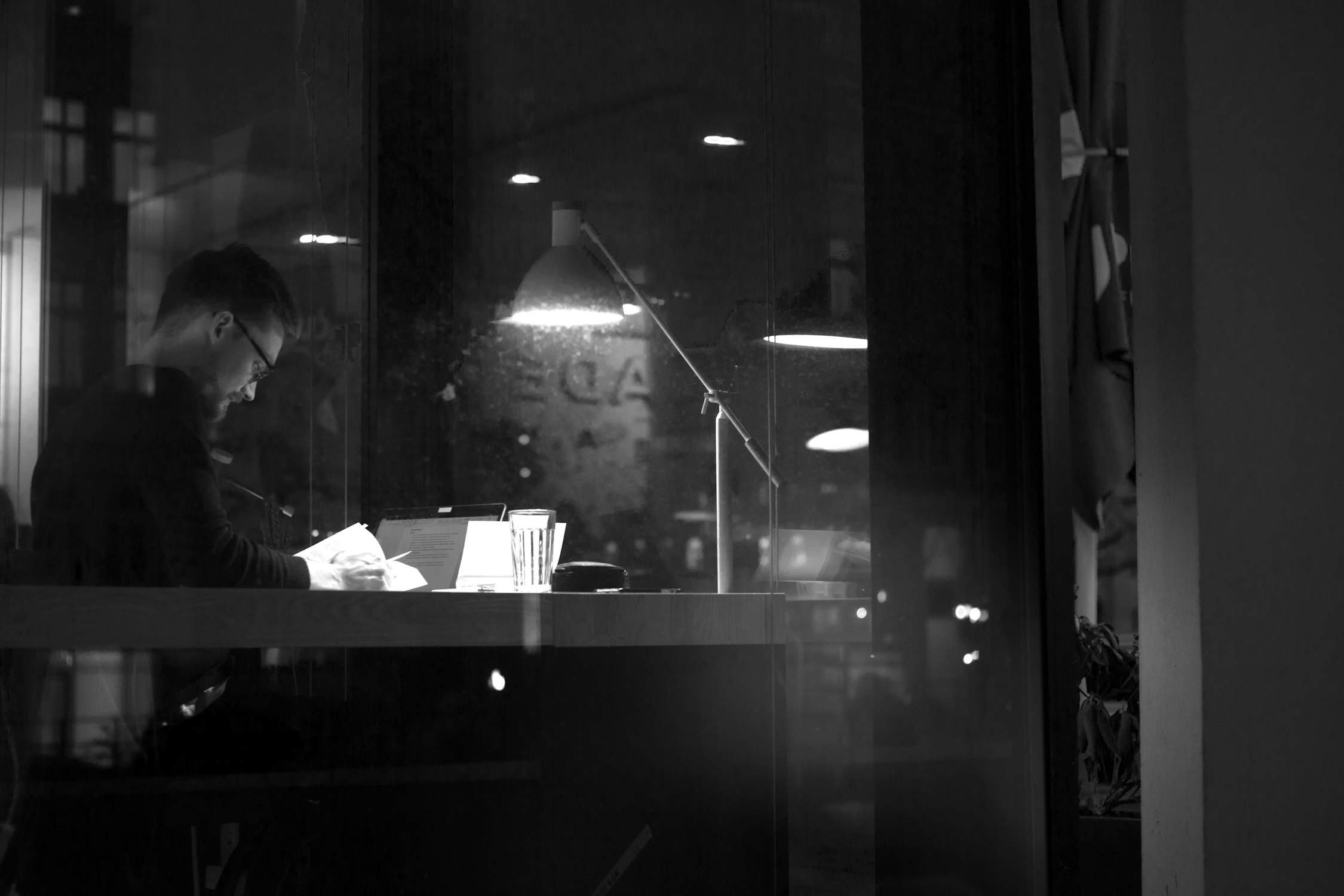




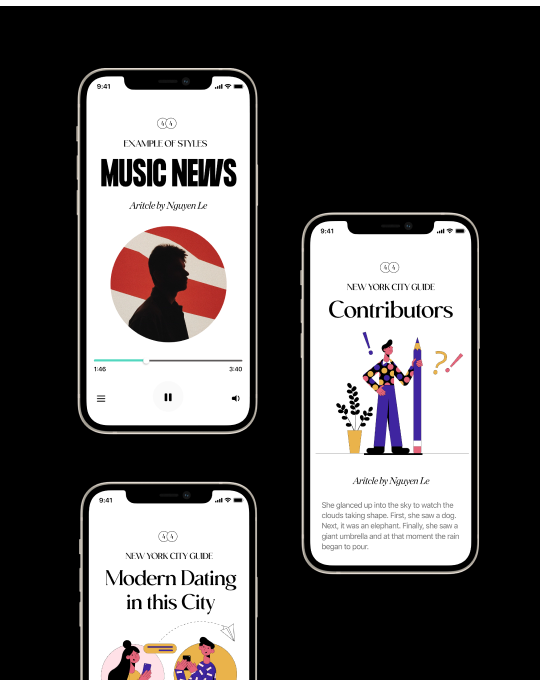


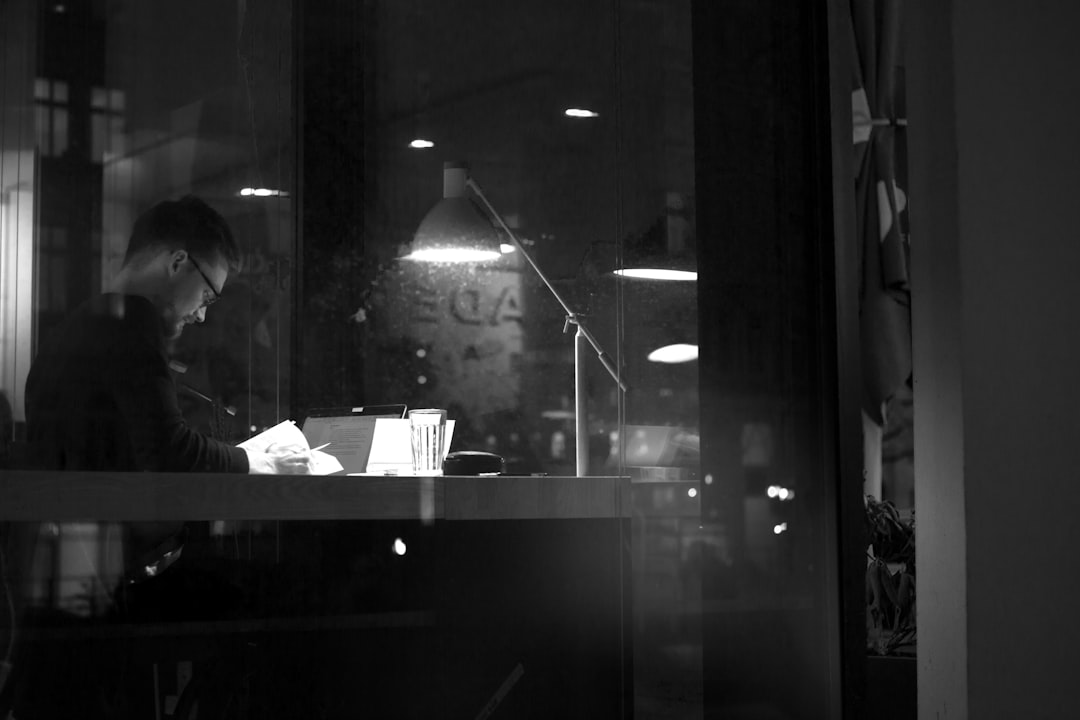

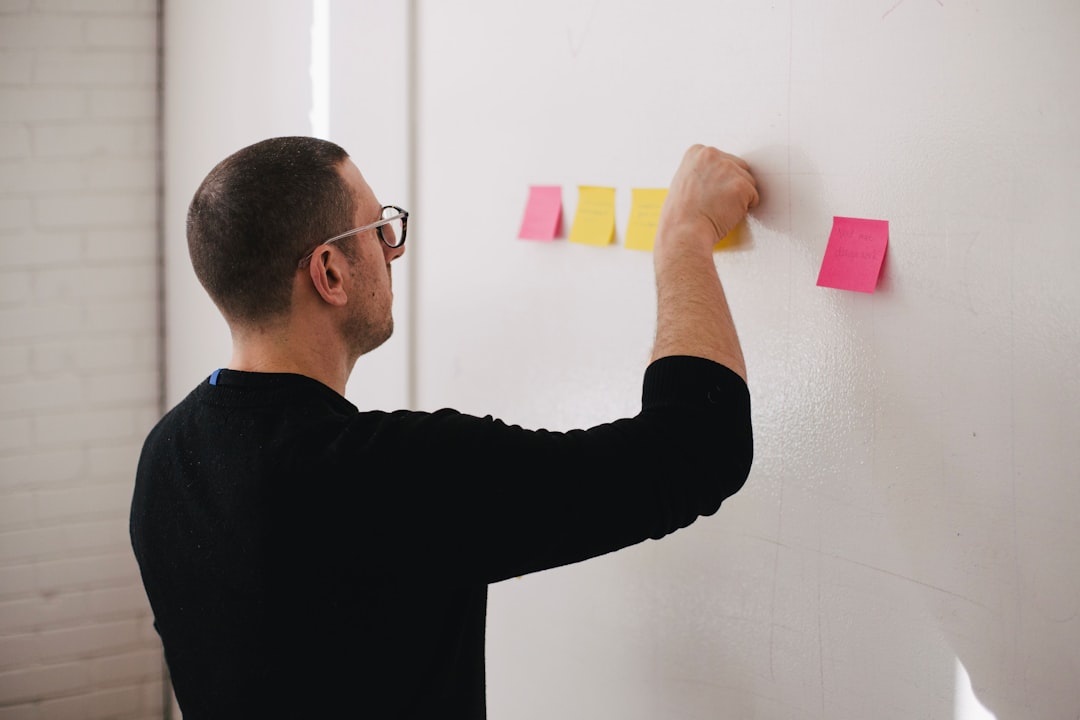

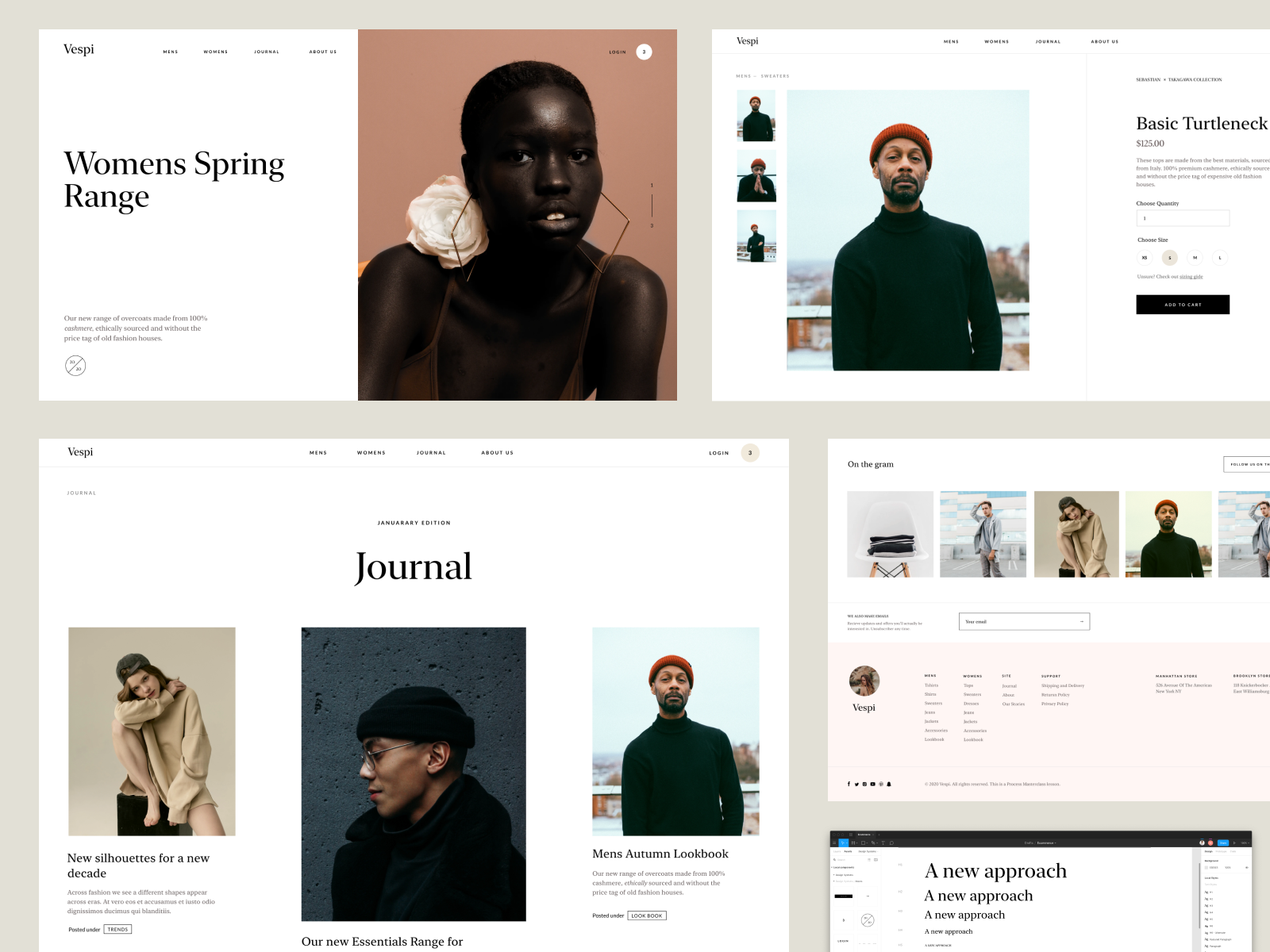

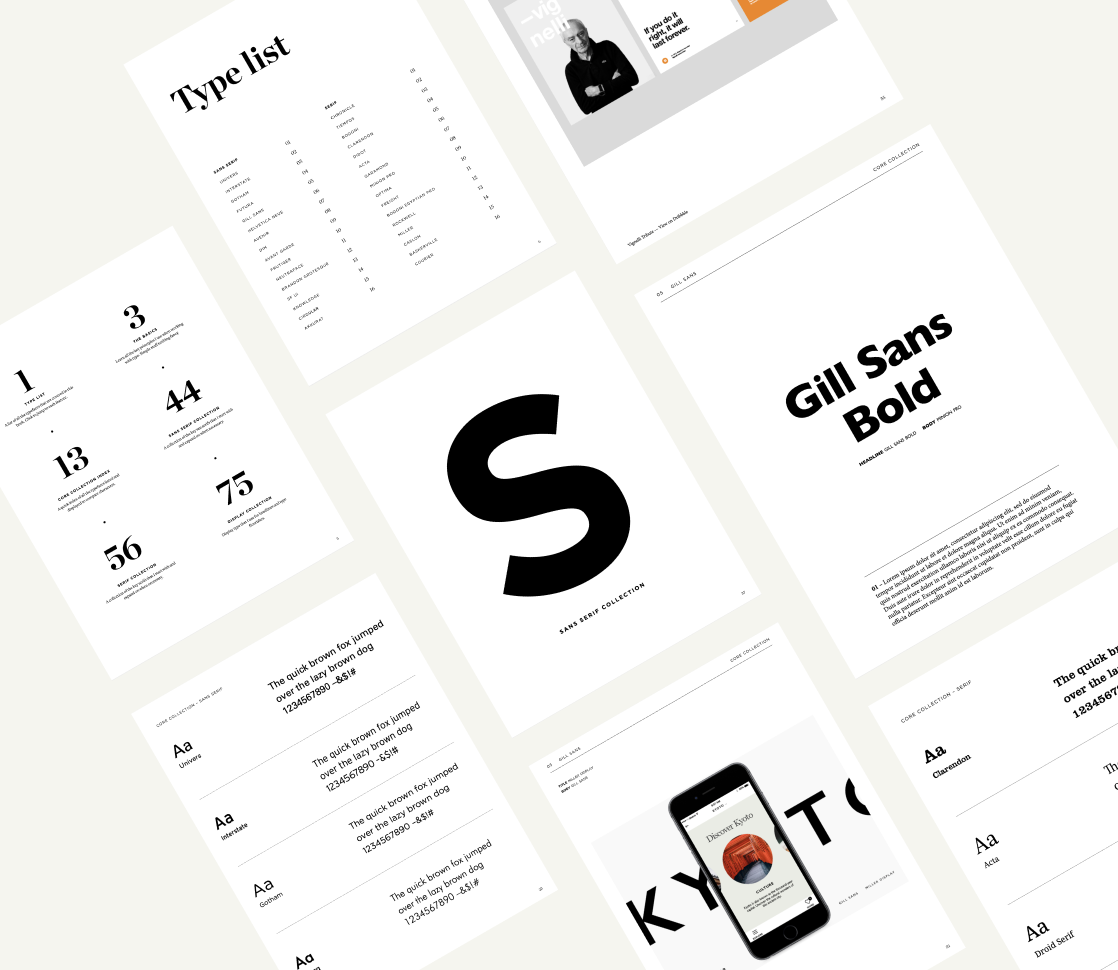
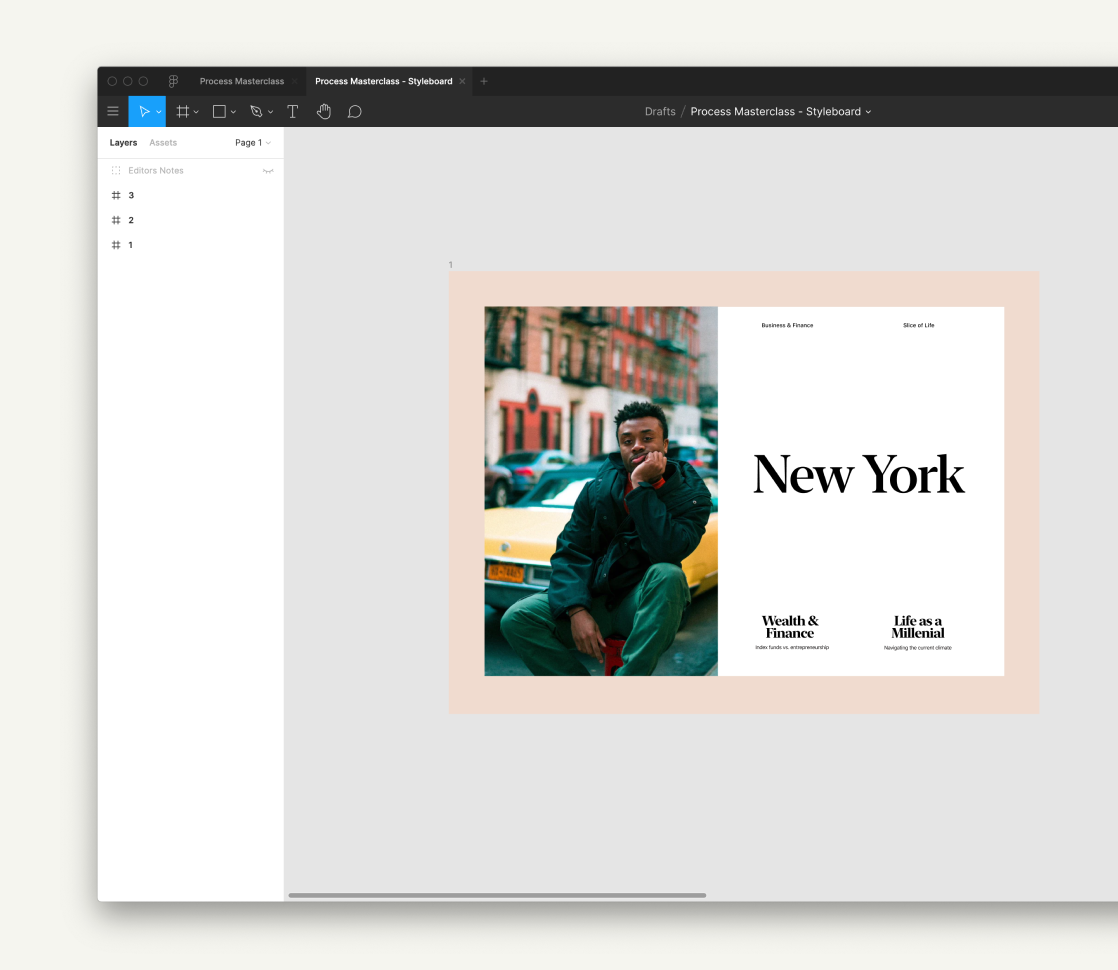
No Comments.